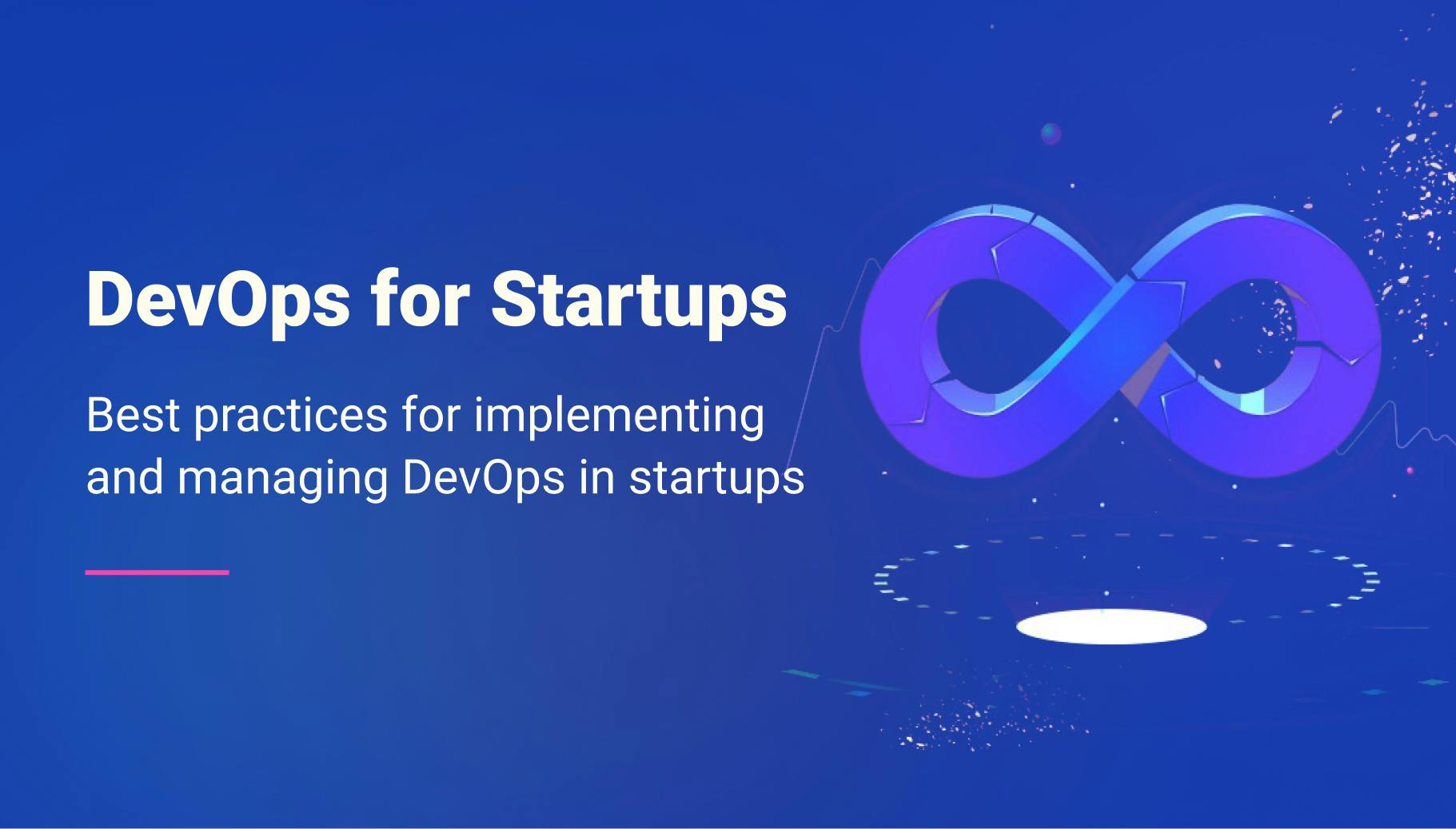Top 18 DevOps Tools For Startups
Startups often face challenges in balancing rapid development with robust infrastructure. DevOps can be the solution, but selecting the right tools can be overwhelming. Achieving a good balance of cost, scaling, security, efficiency improvement, learning curve, rapid product releases, etc. is not easy. But worry not, we will solve this problem for you today. I've compiled some of the best DevOps tools that will make the DevOps journey of a startup easier. After going through this article, you should have a strong grip on what tools you need and why.

Morgan Perry
July 29, 2024 · 6 min read
#Version Control and Collaboration
#1. GitHub
GitHub is a platform for source code management, collaboration, and version control using Git.
How does it help startups: GitHub provides a comprehensive platform for version control, collaboration, and automation. Startups can use GitHub for code hosting, issue tracking, and pull requests, streamlining development workflows. GitHub Actions, integrated with GitHub, enables continuous integration and deployment (CI/CD) pipelines, automating testing and deployment processes.
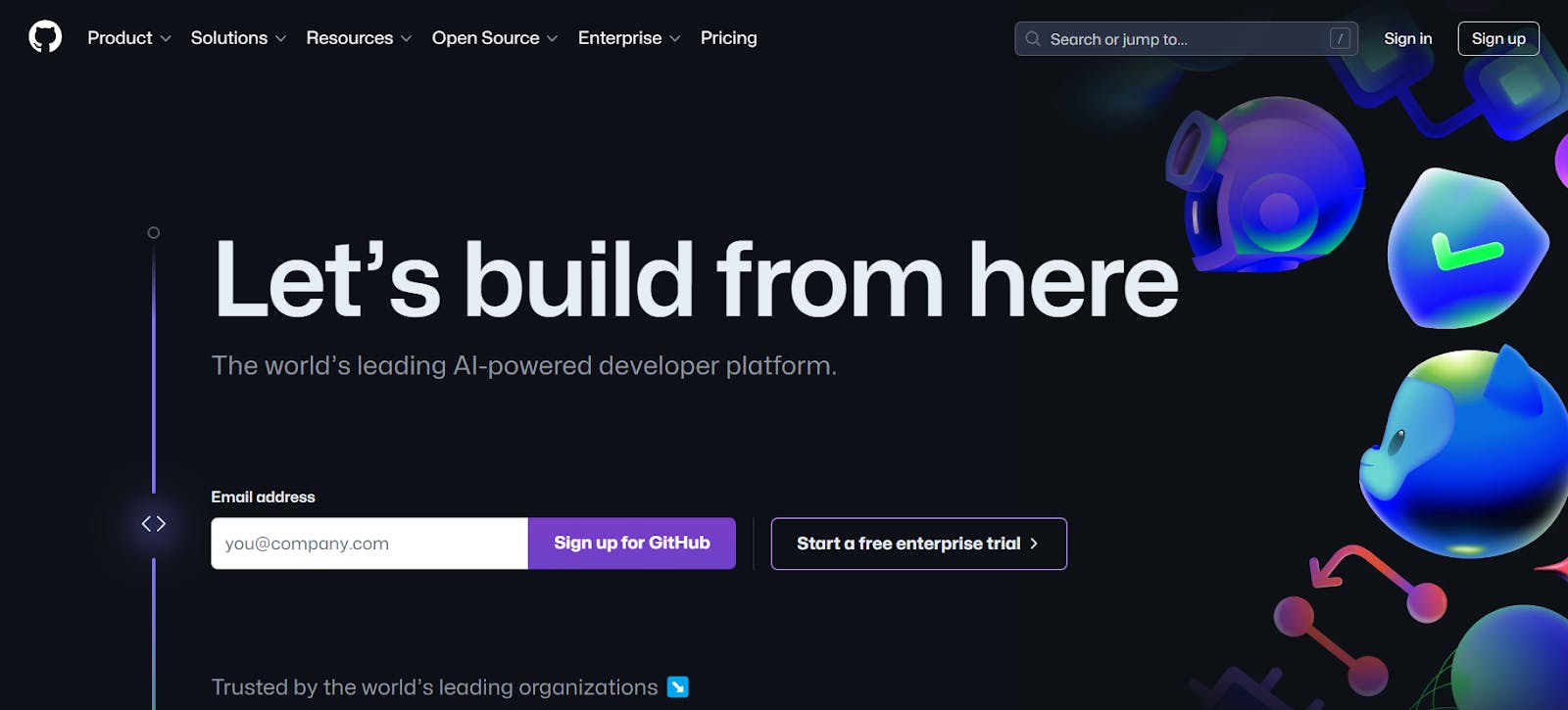
Note: Platforms like GitLab or Bitbucket (Atlassian) offer a comparable range of products
#Continuous Integration and Continuous Deployment (CI/CD)
#2. CircleCI
CircleCI is a CI/CD platform that automates the testing and deployment of code. Its scalability and ease of use allow startups to quickly set up automated pipelines and produce rapid and reliable software releases.
How does it help startups: Startups benefit from parallelized builds, caching, and customizable workflows. CircleCI integrates seamlessly with GitHub, GitLab, and Bitbucket repositories. It helps startups achieve faster feedback cycles, improve code quality, and streamline releases.
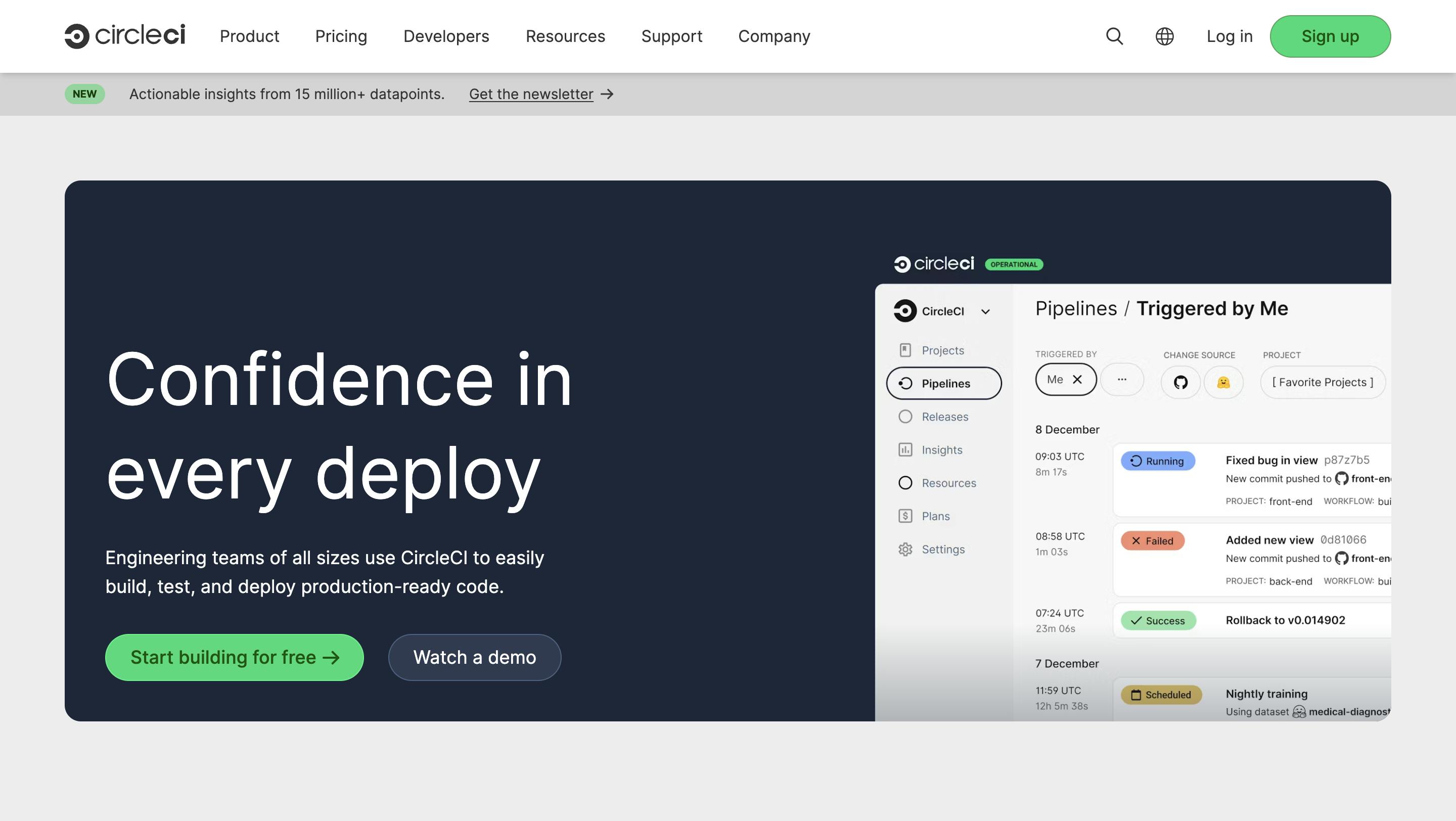
#3. GitLab CI
GitLab CI is an integrated CI/CD tool within GitLab, providing continuous integration, delivery, and deployment.
How does it help startups: Startups can define pipelines using .gitlab-ci.yml files, automating testing, packaging, and deployment. GitLab CI supports container-based builds, artifact management, and environment promotion. It enables startups to achieve continuous delivery, security scanning, and infrastructure as code.
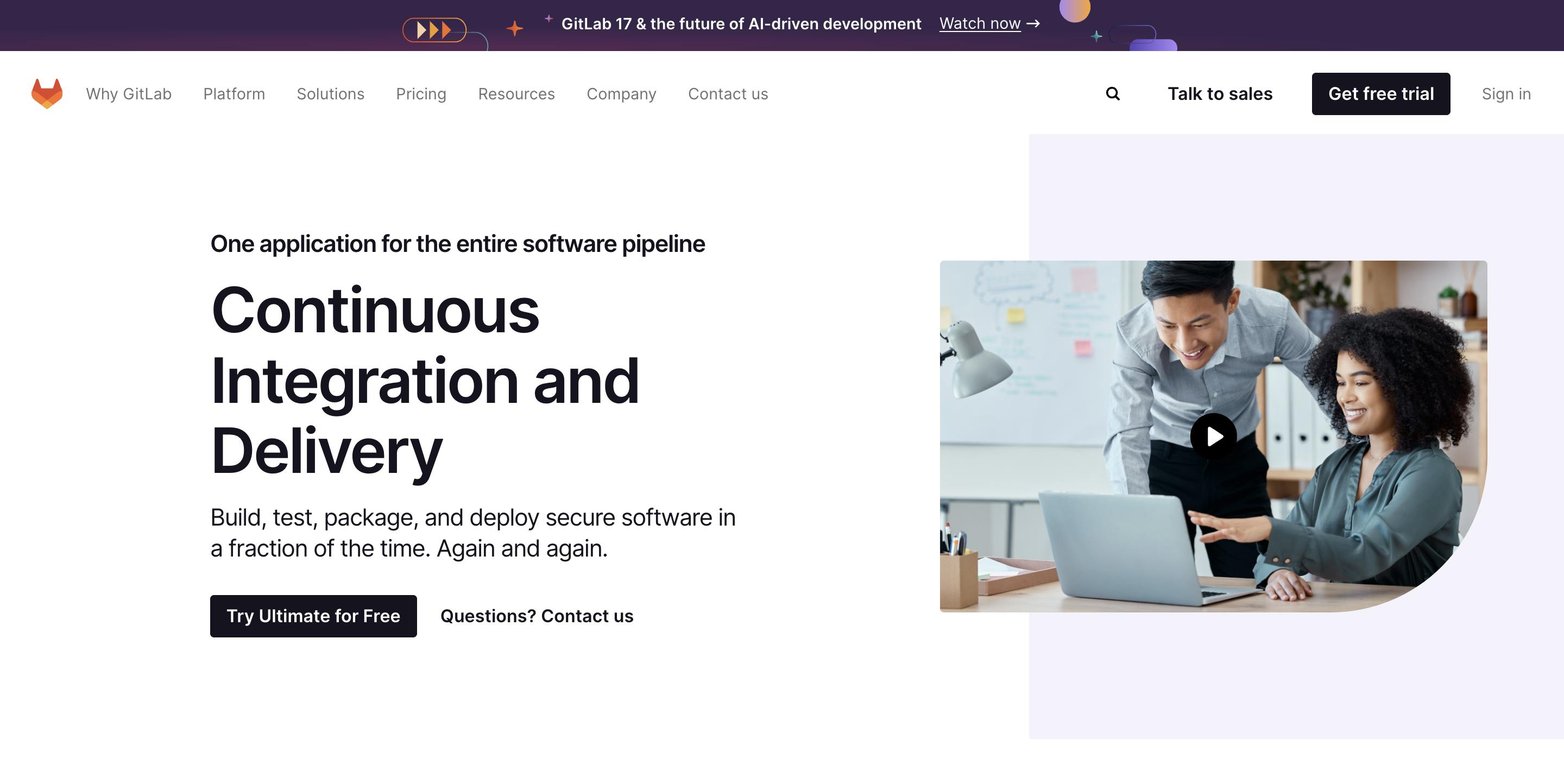
#4. GitHub Actions
GitHub Actions is a CI/CD service provided by GitHub to automate workflows directly from the repository. It is GitHub’s native CI/CD platform.
How does it help startups: Startups can define workflows using YAML files within their repositories. It offers flexibility, scalability, and integration with other GitHub features. GitHub Actions allows startups to automate testing, deployment, and other tasks directly within their repositories.
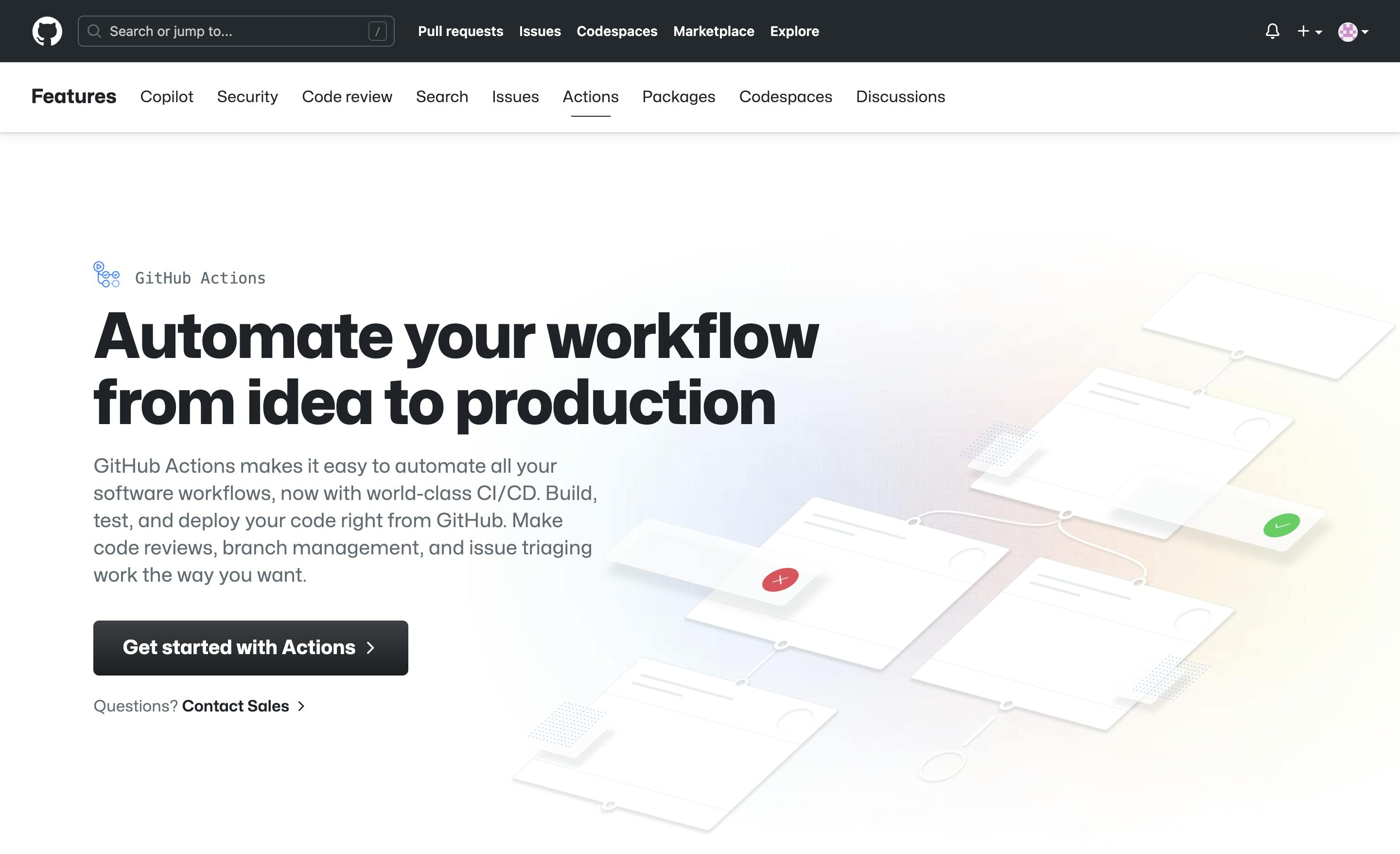
#Infrastructure as Code (IaC)
#5. Terraform
Terraform is an open-source IaC tool that allows you to define and provision data center infrastructure using a high-level configuration language.
How does it help startups: Startups can define infrastructure using declarative configuration files (written in HCL). Terraform enables version-controlled, repeatable infrastructure provisioning. By adopting Terraform, startups achieve consistency, scalability, and efficient resource management.
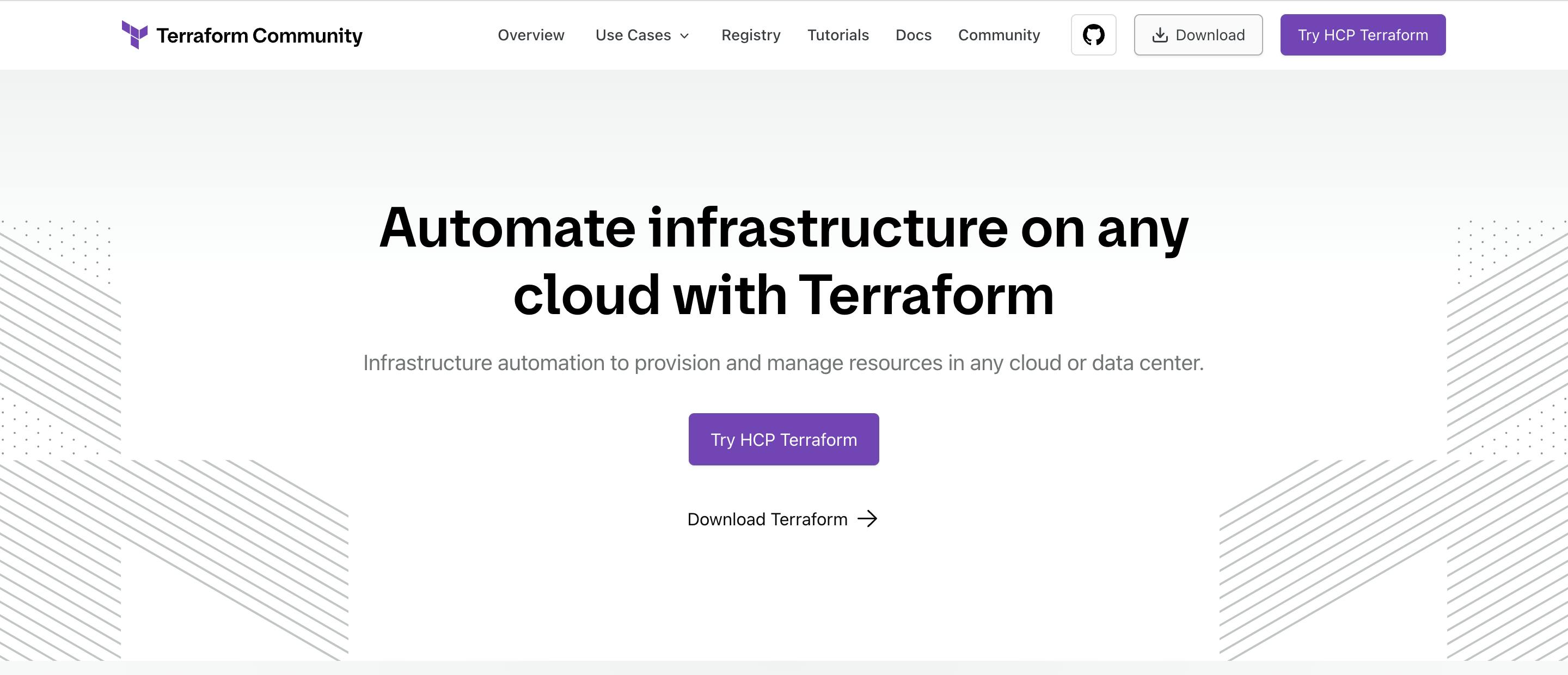
#6. Pulumi
Pulumi is an IaC tool that uses real programming languages to define cloud infrastructure. Its use of familiar programming languages makes it accessible for developers, speeding up the infrastructure management process and enabling faster iterations.
How does it help startups: Pulumi’s use of familiar programming languages simplifies infrastructure management. Startups can create, deploy, and manage resources across any cloud, reducing learning curves. This agility accelerates feature delivery, enhancing the startup’s product competitiveness.
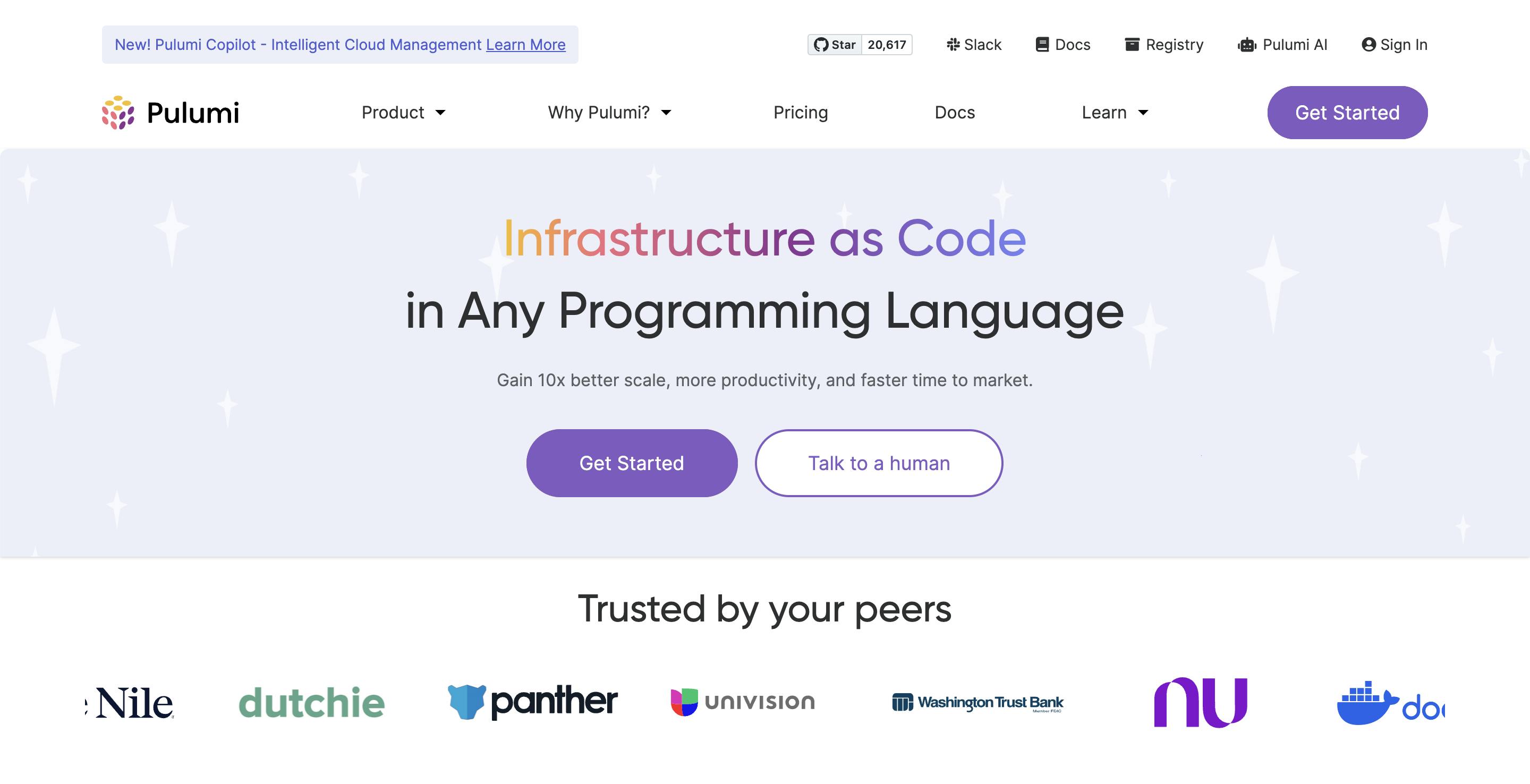
#7. Spacelift
Spacelift is a sophisticated CI/CD tool for infrastructure as code, enhancing Terraform workflows. Its integration with Terraform and other IaC tools helps startups automate and manage infrastructure changes effectively.
How does it help startups: Spacelift’s self-service infrastructure and automated workflows reduce manual overhead. Startups can focus on innovation rather than managing infrastructure. This operational efficiency leads to cost savings, better resource allocation, and improved developer productivity, positively impacting the bottom line.
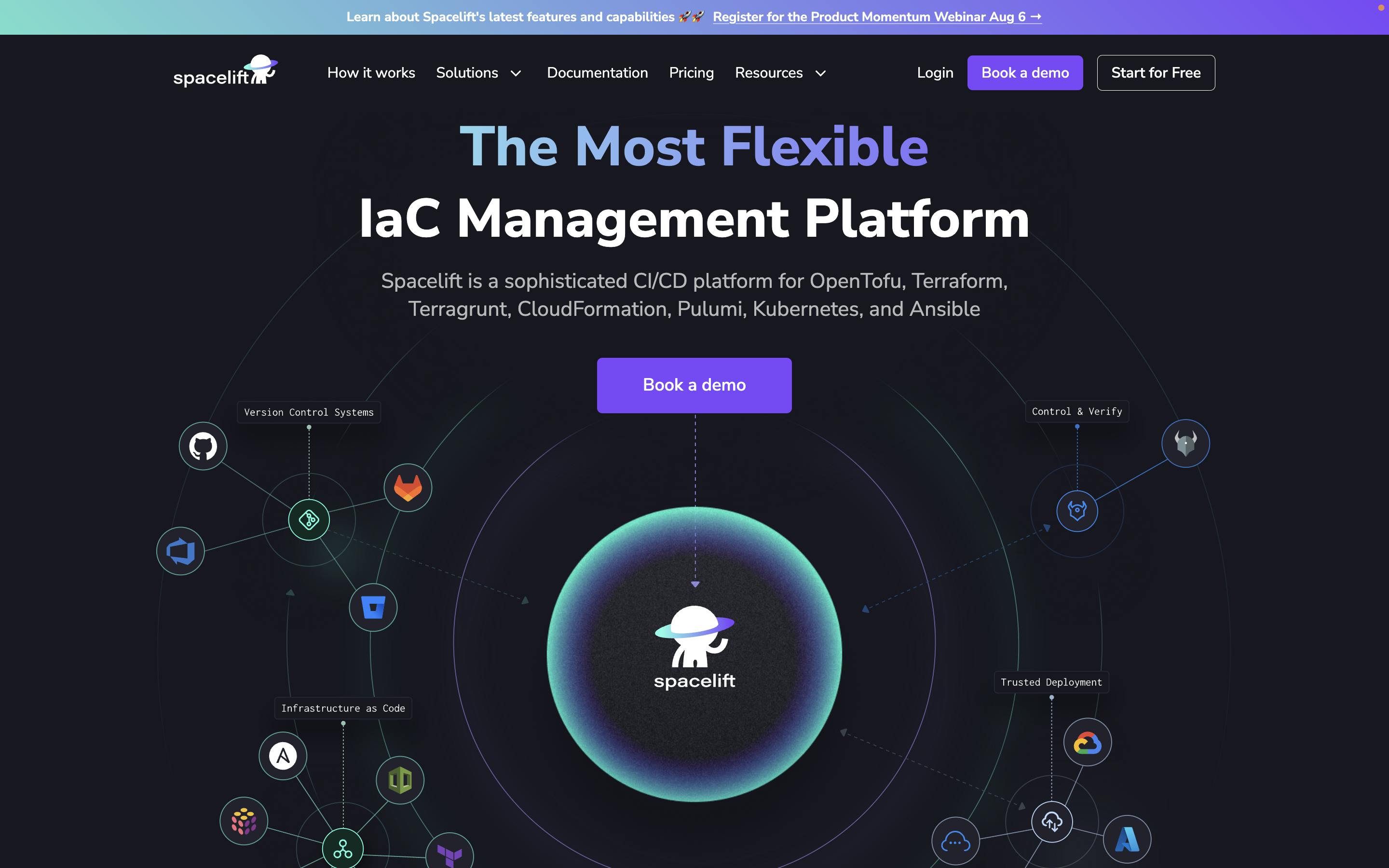
#Containerization and Orchestration
#8. Docker
Docker is a platform for developing, shipping, and running applications in containers. Its lightweight containerization enables rapid development, testing, and deployment.
How does it help startups: Docker’s containerization simplifies deployment and ensures consistent environments. Startups benefit from faster deployments, reduced downtime, and improved scalability. By optimizing resource utilization, Docker helps startups achieve cost efficiency and better customer experiences.
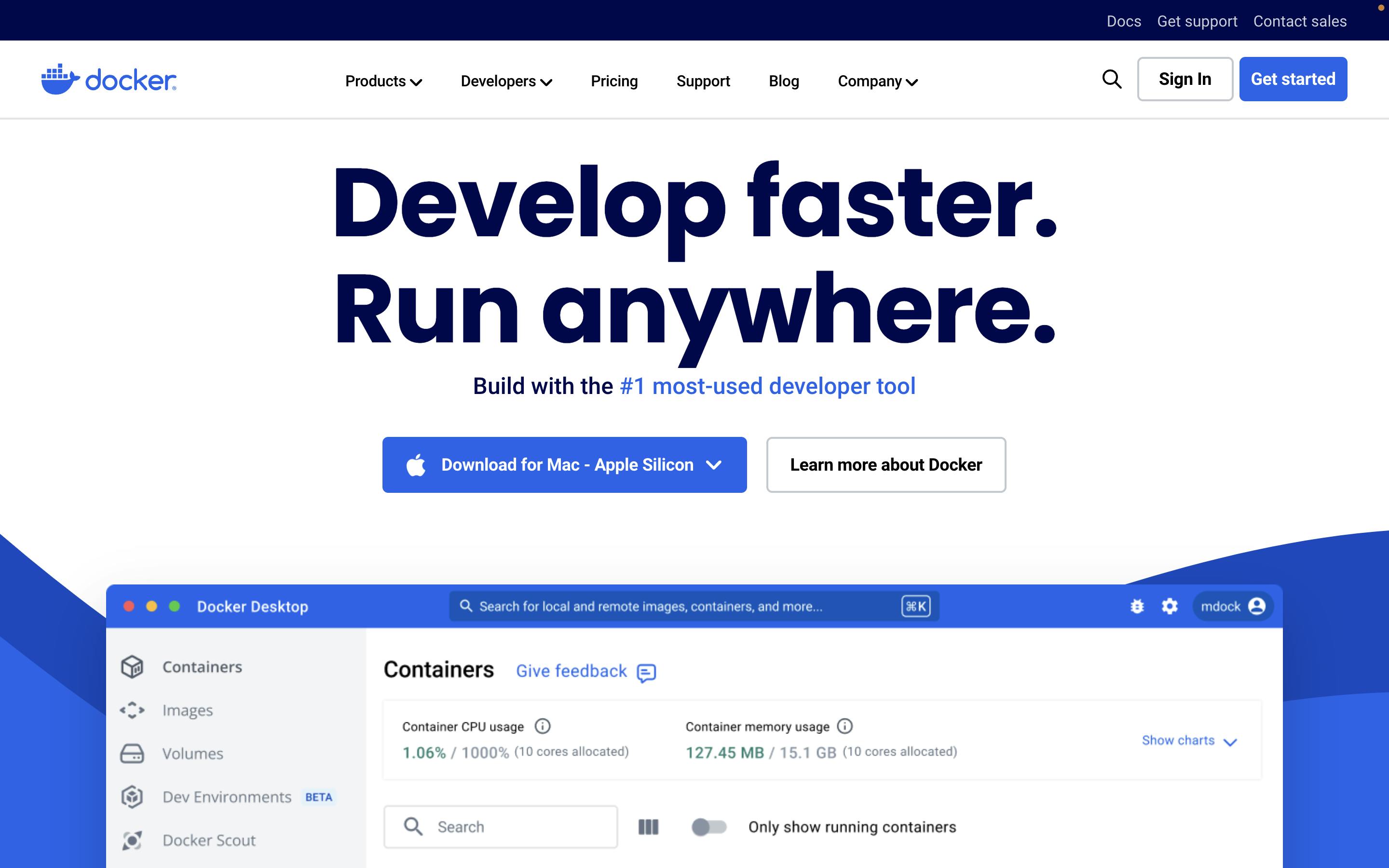
#9. Kubernetes
Kubernetes is an open-source system for automating the deployment, scaling, and management of containerized applications. However, as a startup, you probably should use managed services like EKS (AWS) or GKE (GCP) to simplify Kubernetes management. Using these managed Kubernetes services, startups can leverage powerful orchestration without extensive overhead, making it a practical choice for managing complex applications.
How does it help startups: Kubernetes provides auto-scaling, load balancing, and self-healing capabilities. Startups gain high availability, ensuring uninterrupted services. Kubernetes also supports multi-cloud and hybrid deployments, reducing vendor lock-in. This flexibility enhances business continuity and resilience.

#Monitoring and Logging
#10. New Relic
New Relic is a full-stack observability platform providing monitoring, logging, and analytics. Its comprehensive monitoring capabilities help startups maintain application performance and quickly resolve issues.
How does it help startups: New Relic’s observability platform offers real-time insights into application performance. Startups can proactively identify bottlenecks, optimize code, and enhance user experiences. Improved system reliability leads to higher customer satisfaction, retention, and revenue growth.
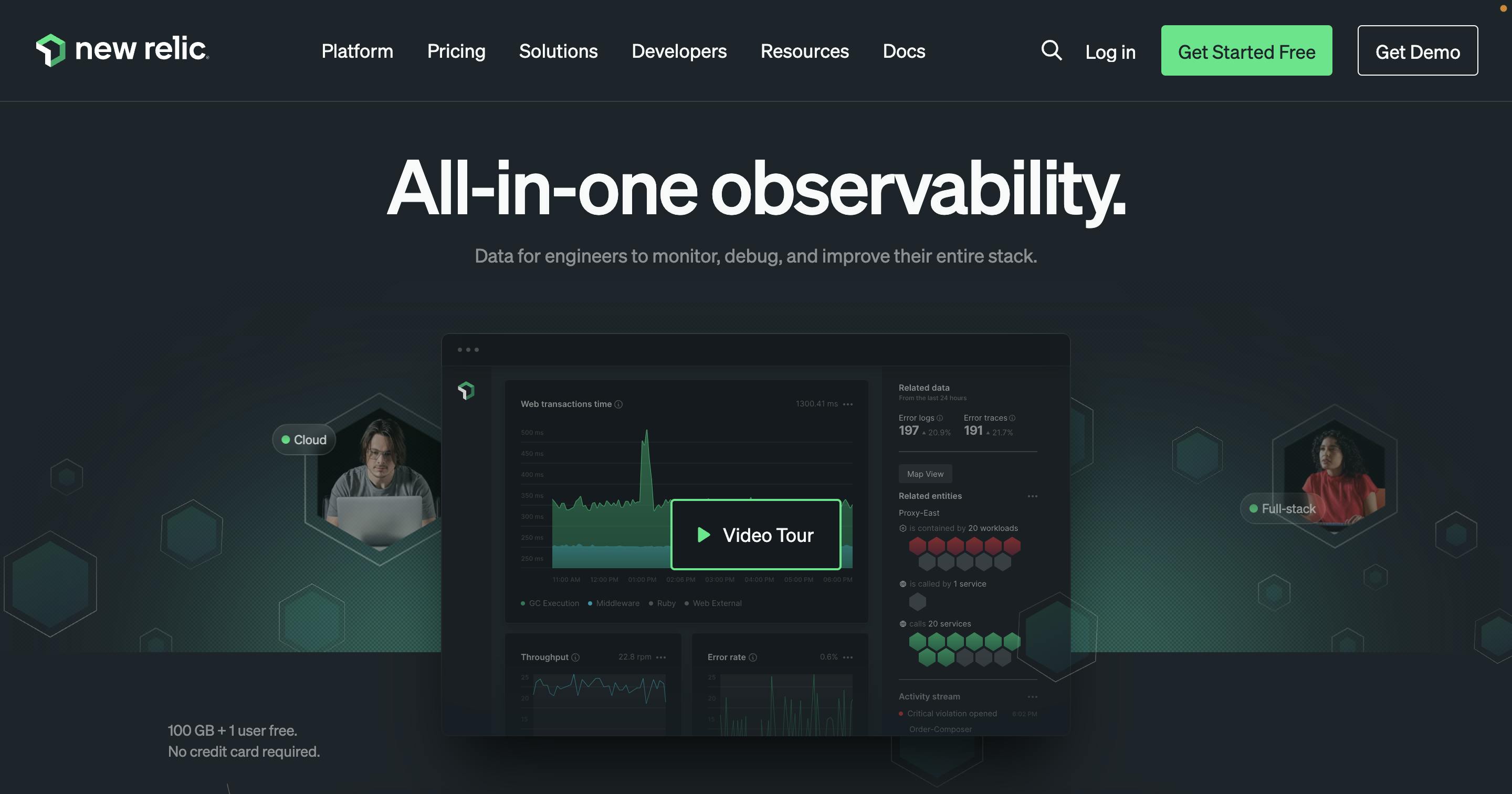
#11. Datadog
Datadog is a monitoring and analytics platform for cloud-scale applications. Its integrations and real-time monitoring provide startups with critical insights into their infrastructure and application performance, supporting proactive management and quick issue resolution.
How does it help startups: Datadog provides real-time monitoring, alerting, and observability across applications, infrastructure, and logs. For startups, this means faster detection of issues, streamlined troubleshooting, and improved reliability during the DevOps journey.
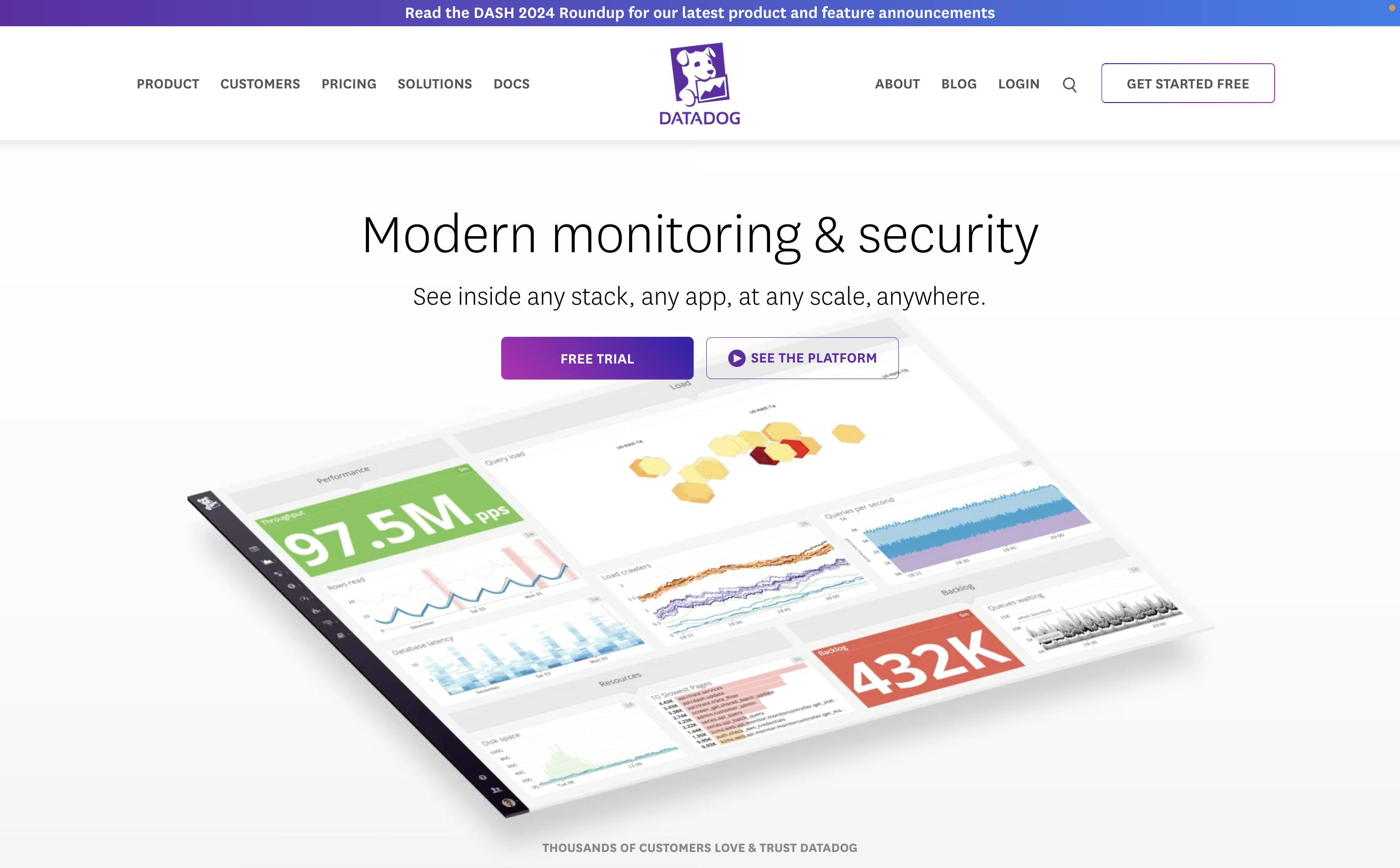
#12. Grafana
Grafana is an open-source platform for monitoring and observability, offering customizable dashboards.
How does it help startups: Grafana simplifies data visualization and dashboard creation. Startups can use it to monitor performance metrics, track KPIs, and gain insights into their systems. This transparency fosters collaboration and informed decision-making within DevOps teams.
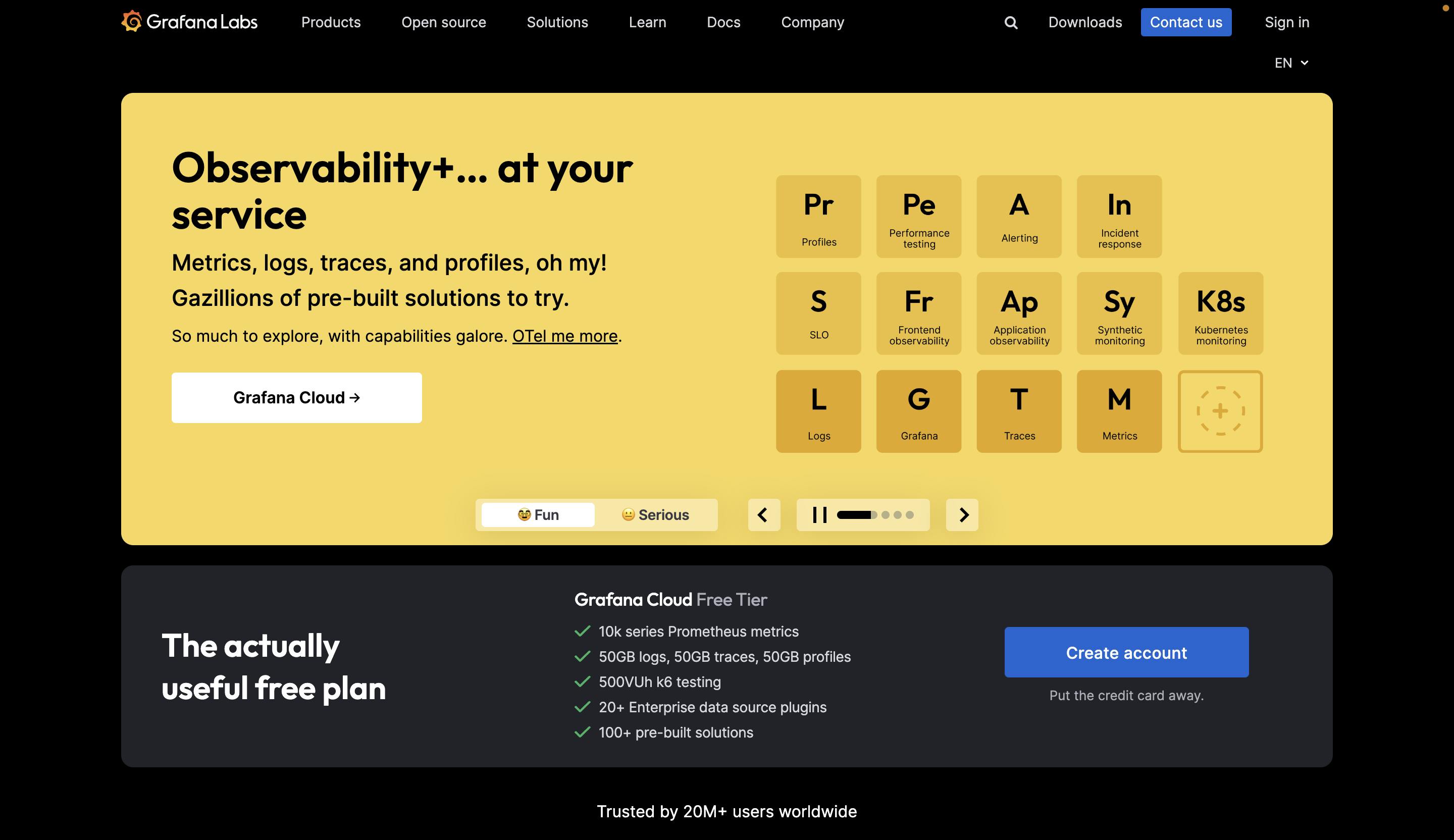
#Security
#13. Snyk
Snyk is a security platform designed to help developers find and fix vulnerabilities in open-source dependencies and container images. Its developer-first approach integrates seamlessly into CI/CD pipelines and helps startups maintain security without slowing down development.
How does it help startups: Snyk’s integration into CI/CD pipelines ensures security is maintained without hindering development speed, crucial for maintaining fast-paced innovation in startups.
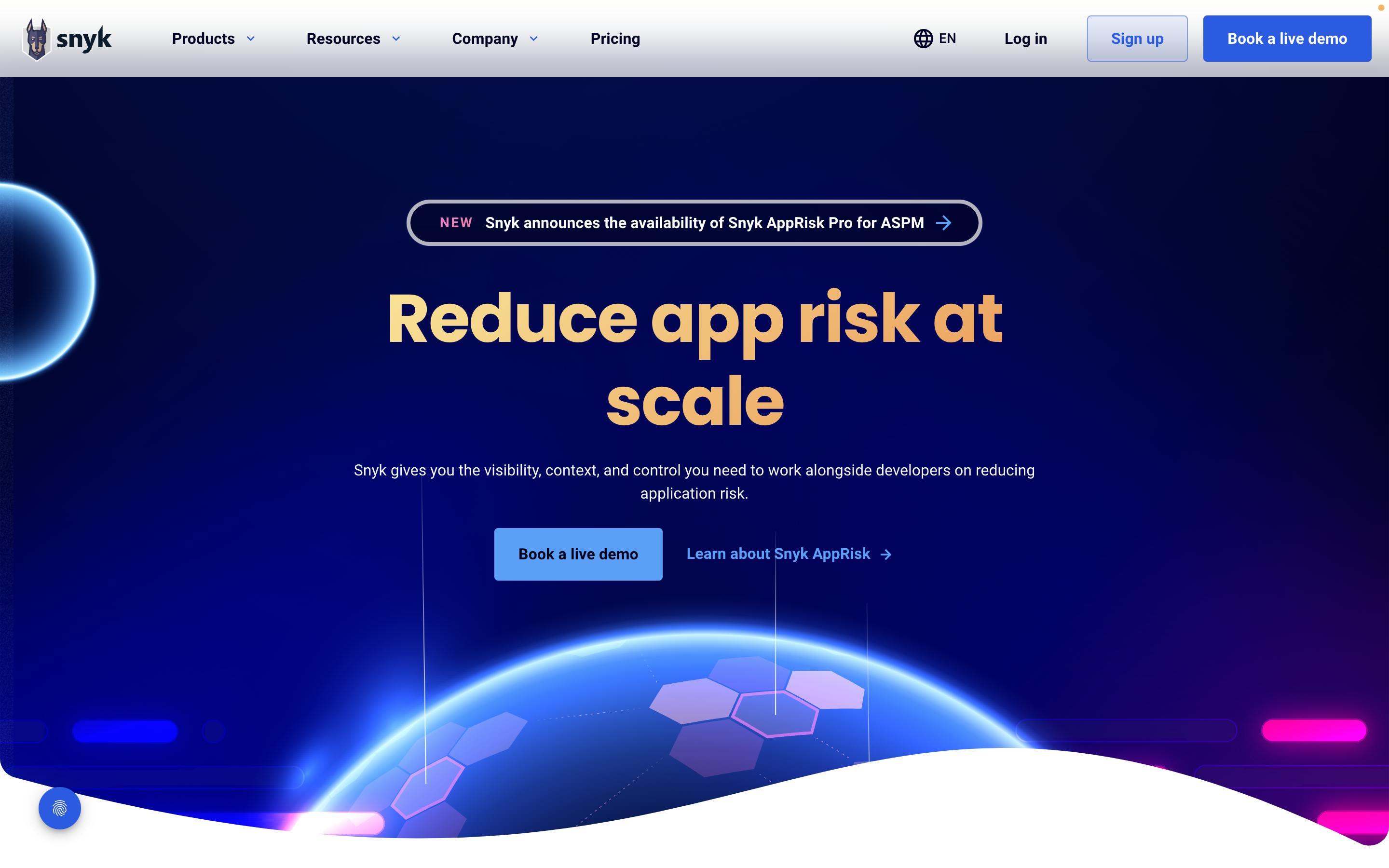
#14. Aqua Security
Aqua Security is a platform for securing containerized applications and microservices. Through its comprehensive protection for containers and serverless workloads, startups can secure their applications from development to production, maintaining compliance and security standards.
How does it help startups: Startups can leverage its automated scanning, vulnerability management, and runtime protection features to secure their containerized applications. This proactive approach enhances DevOps practices while minimizing risk.

#Secret Management
#15. Doppler
Doppler is a secrets management platform that securely stores and manages API keys, credentials, and other secrets.
How does it help startups: Startups can securely store and manage API keys, tokens, and other sensitive information. By centralizing secrets, Doppler ensures smooth CI/CD workflows and compliance with best practices.

#16. Infisical
Infisical is an open-source secrets management tool for securely managing and sharing secrets within teams. Its open-source nature and ease of use make it an affordable and transparent solution for startups looking to secure their sensitive information.
How does it help startups: Infisical’s affordability and ease of use provide an accessible solution for startups to manage and share secrets securely. Using Infisical, startups can adopt best data practices in a simple way.
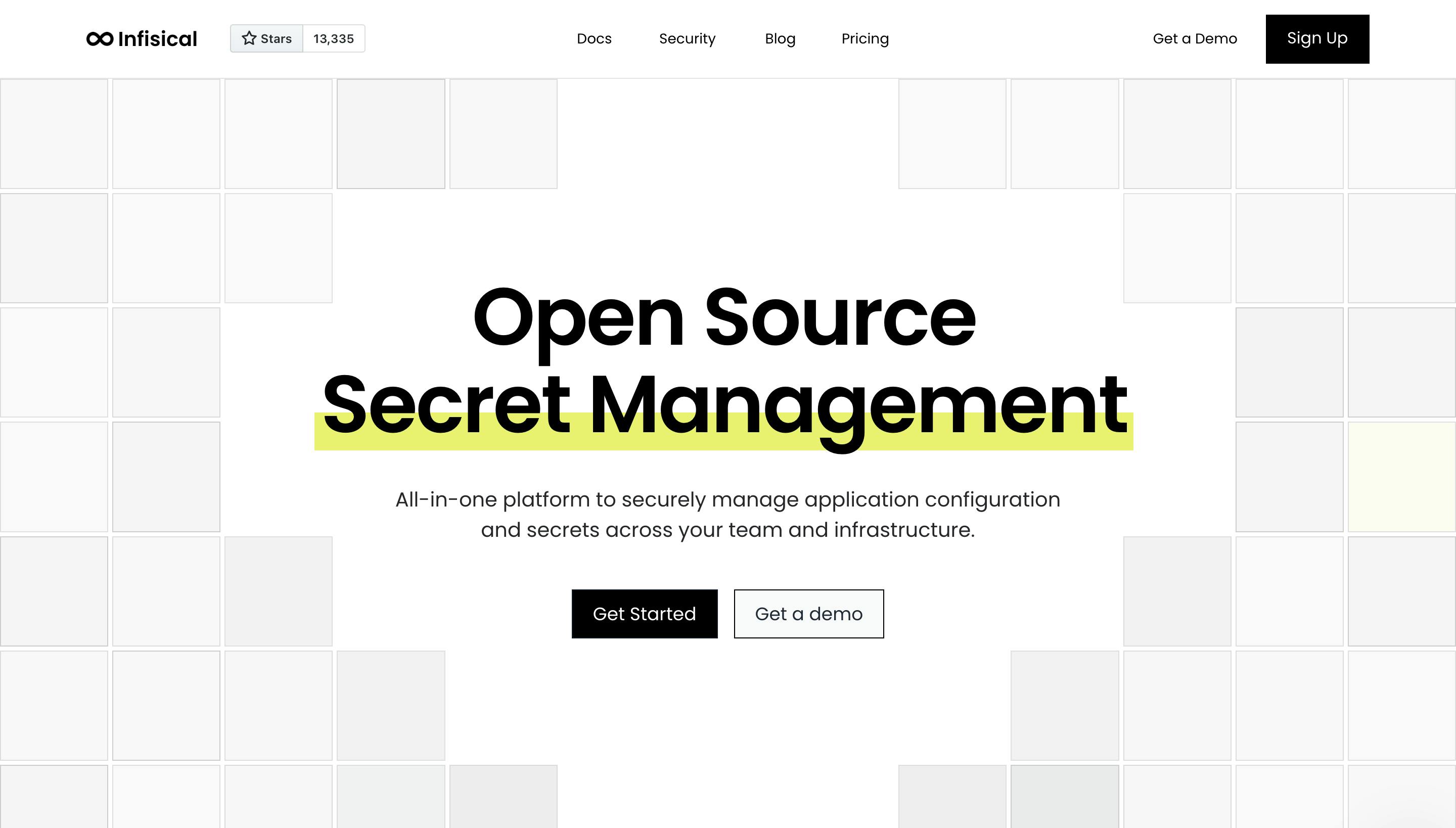
#Collaboration and Communication
#17. Linear
Linear is a project management tool focused on speed and efficiency for software development teams.
How does it help startups: Its streamlined interface and robust features enable startups to manage projects and tasks effectively, enhancing productivity and team collaboration, which is crucial for fast-moving development environments.
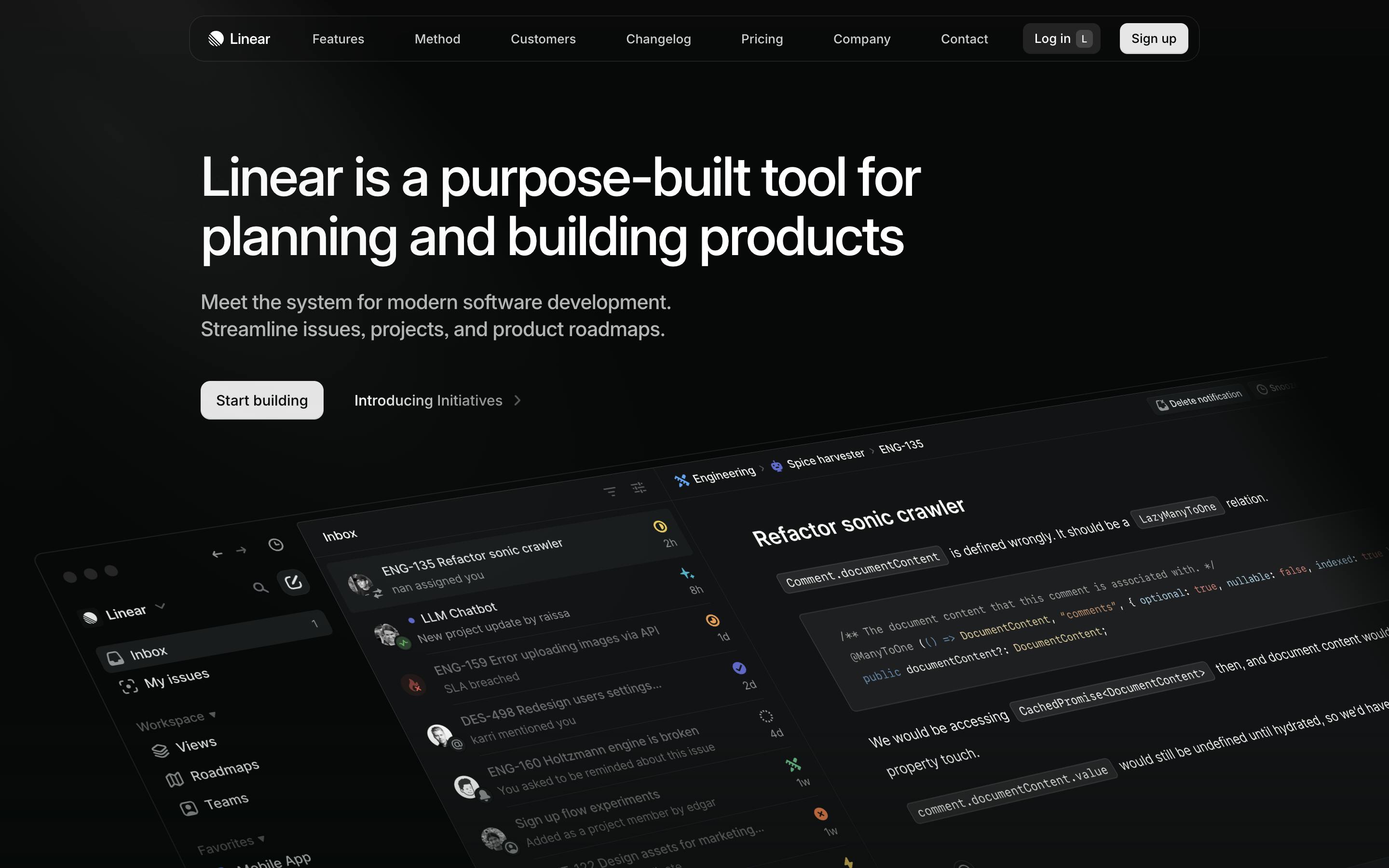
#DevOps Automation
#18. Qovery
Qovery is a powerful platform designed to streamline DevOps for startups. By automating many of the complexities associated with cloud infrastructure management, Qovery enables developers to focus on what truly matters: building innovative products.
How does it help startups: Qovery empowers startups to accelerate DevOps adoption by automating infrastructure management, streamlining deployments, and promoting collaboration. With a focus on developer experience, It helps startups reduce operational overhead, optimize resource utilization, and ultimately deliver products faster to market.
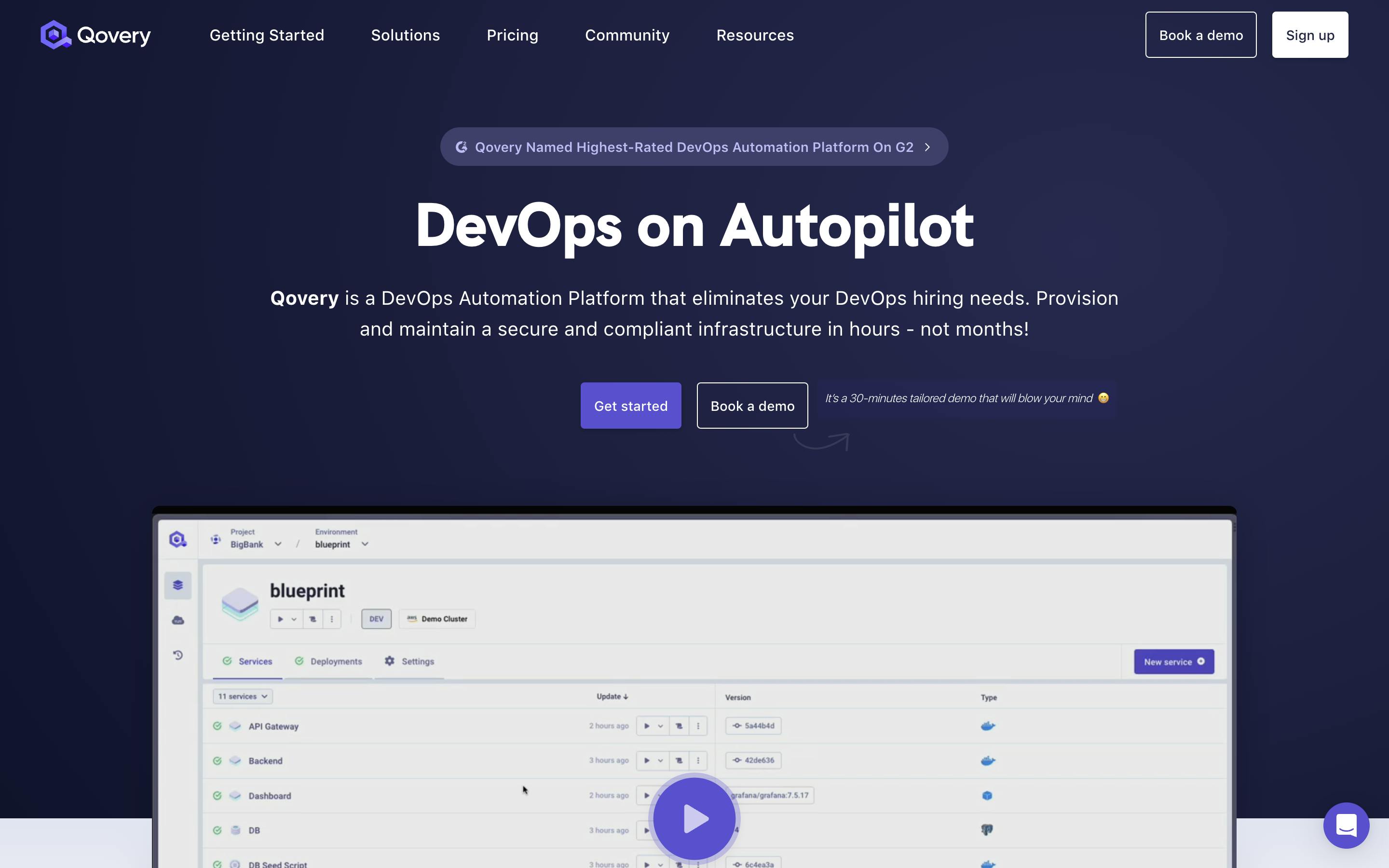
#Conclusion
Choosing the right DevOps tools tailored to the unique needs of startups is paramount for achieving simplicity, scalability, security, and efficiency in their operations. By leveraging the tools discussed in this article, startup CTOs can significantly enhance their DevOps practices, ultimately driving innovation and growth. Exploring these tools, including Qovery, will help startups reduce operational overhead, optimize resource utilization, and accelerate their product development journey.
Start a 14-day free trial - no credit card required!
Your Favorite DevOps Automation Platform
Qovery is a DevOps Automation Platform Helping 200+ Organizations To Ship Faster and Eliminate DevOps Hiring Needs
Try it out now!

Your Favorite DevOps Automation Platform
Qovery is a DevOps Automation Platform Helping 200+ Organizations To Ship Faster and Eliminate DevOps Hiring Needs
Try it out now!
